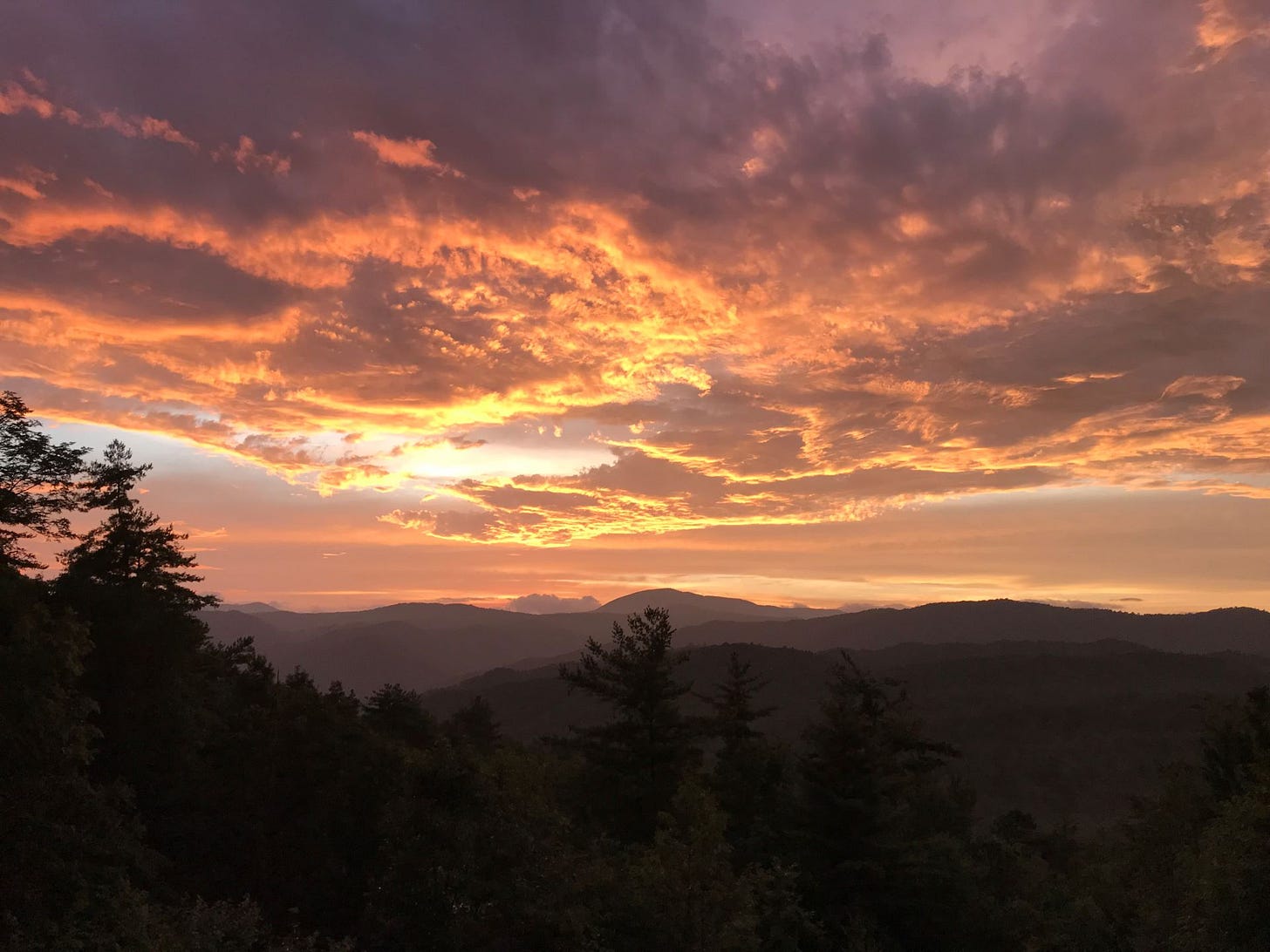We’re looking for answers in all the wrong places
This is the second article in a series on how I set up a slow life I don’t need to escape.
The problem with a lot of self-help advice is it’s still rooted in the productivity culture that has reigned for decades: more, better, faster.
The only speed is fast. The only rhythm is relentless.
I sampled all kinds of advice over the years, consuming a smorgasbord of self-help books, webinars, courses, gurus, you name it. The more-better-faster stuff got easier to recognize. Unfortunately, very little suggested I might have my own answers.
It comes down to this: We’re looking for answers in all the wrong places.
Look beyond the short-term whiz-bangs
Think about it. Do you really want advice from well-meaning lifestyle influencers who optimized their life, time, health and money in a few years? Some of that tactical advice is useful, for sure.
But the big questions behind how to stop the crazy train are not suddenly new because they’re all over YouTube or Instagram.
Questions like how to live a good life, how to balance competing priorities, what we want to contribute and what we want to leave behind have been answered by the wise philosophers, poets and mystics of the ages, who took the time to listen deeply.
Radical concepts these days. Take the time. Listen deeply.
No one wants to take the time
I’ve tried most of the time management productivity systems.
Heat-mapping, time blocking, bullet journaling, Pomodoro. At the end of the day I was more organized and created space on my to-do list for more tasks but my focus was still drained.
Neuroscience brain hacks will help you become smarter, improve your memory, improve your sleep, wire your brain for success, help you have better sex and … [fill in the blank.]. It’s easy to quickly feel flawed if you’re not doing any of these hacks. I did.
Business leaders are encouraged to listen to sports coaches, data spreadsheets and manufacturing gurus to build effective teams and great companies.
Notice the theme?
Everything revolves around the human mind and the brain. Master these wonderful tools – and they are tools – and you’ll master the universe, or at least your corner of it more, better, faster.
Wait, isn’t something missing?
Where is there room for the heart?
Where is there room for compassion?
Where is there room for the rest of life?
The biggest lesson I learned is that once we can pick our heads up out of the hyper-productivity induced trance, we realize the answer is not learning more or doing more (which we never get done anyway.)
The answer is in creating more space to do less and be more.
Space to be.
… who you are on your personal journey.
Space to wander.
… and notice the amazingly rich life around you.
Space to find awe.
… that already exists unseen.
Space to find wonder.
… that opens us to greater possibilities.
So what can we rely on?
Now that I've given you a couple radical concepts, here’s another perspective shift for you.
For as dominant (and destructive, let’s be honest) as is productivity culture, we can’t rely on it. It will fail us because it still isn't the dominant influence on this planet. There’s a more powerful force we’ve disconnected and ignored.
Learning to tap into that power was one of my biggest aha moments.
Tomorrow I’ll share a few experiences (some I regret) that taught me boatloads.
Until then, think about what whiz-bang advice you've trusted. What was it missing?
See you tomorrow.
P.S. If you missed the previous article you can find it below.







Yes! Opening space in our lives is an undiscovered treasure for more creativity and getting into the flow of our natural freedom. Being aware you need more space to slow down is a big speed bump we can take consciously. Loving your examinations of the essential nature, Marsha!